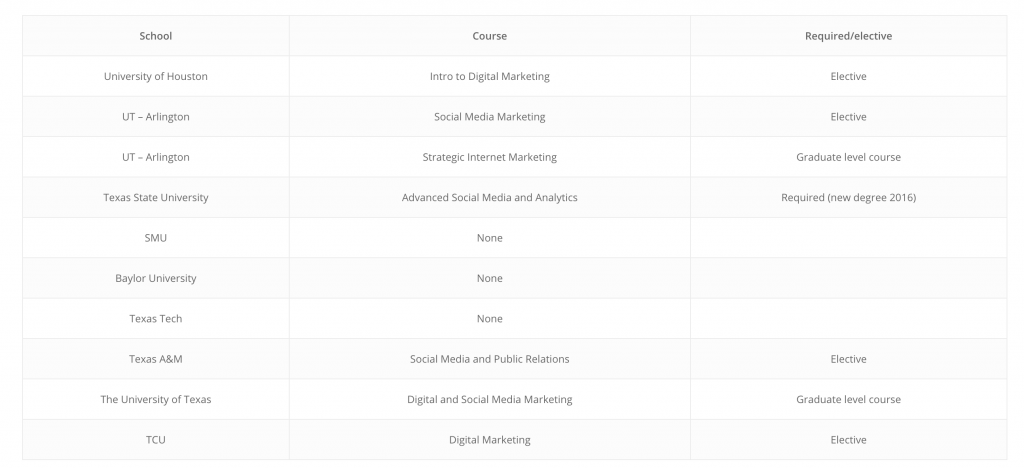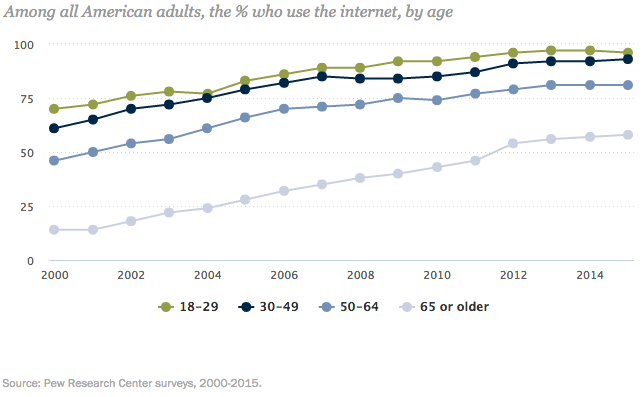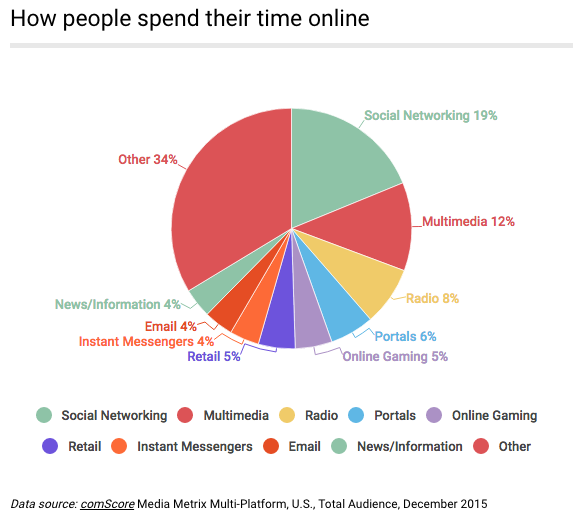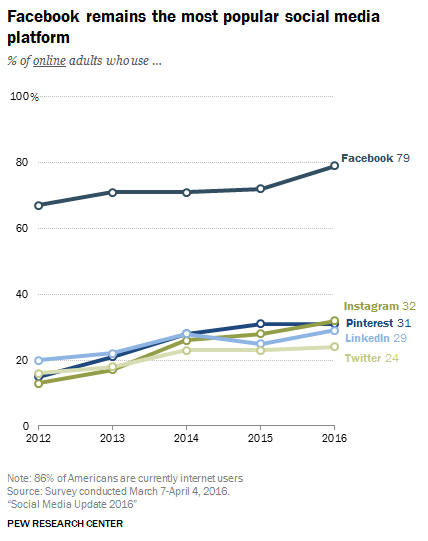Business marketing graduates leave school with limited exposure to digital marketing courses.
Considering the fact that most collegians submit assignments via online portals, do all of their research online instead of with a card catalog, and order textbooks from Amazon, it’s flabbergasting to me that marketing majors of the 21st century don’t have to take a single class in digital marketing.
We’ve been looking to add another digital marketing person to our team for a while now. They’re hard to come by in these parts. As we’ve talked to the various interns who make their way into the Ardent world, we discovered something: the majority of Business/Marketing majors aren’t learning about digital marketing.
I thought, perhaps, the students I talked to were anomalies. Then I did some research into colleges and universities in Texas. Guess what I found?
Only a handful of Texas schools offer any courses in digital marketing. Of those schools that do have courses, the courses are only offered as one of many electives within the major. Here’s a chart showing what Texas schools currently offer:

These are just Texas schools. Admittedly, schools in other states have more options. However, considering the levels of Internet usage, the success of online retail, and the ubiquitousness of mobile devices, I can’t figure out what’s taking Texas so long. (I sense the defensiveness of your Texas pride from here. I’m a native, so shut it down.)
Parents of millennials, you’re not getting your money’s worth! *Insert rant about education reform here* You can’t blame the students. They take whatever courses the advisors tell them to take.
With the help of the digital marketing team, I’ve come up with some possible theories as to why this digital marketing educational drought exists:
- Digital marketing isn’t important enough to teach. (Hogwash.)
- Professors don’t know enough about it to teach it. (Ding, ding, ding!)
- Digital marketing is a brand new field, relatively speaking. (Your point?)
Let’s dig into each hypothesis individually.

In the United States of America, as of the end of June 2016, there was a population of 323,995,528 people. Of those people, a whopping 286,942,362 use the Internet. That’s 88.6% of the U.S. population, according to Internet World Stats.
To summarize, yes, people use the Internet more now than ever before.
But what do they use it for?

Three of the pieces of pie in the chart above for a trifecta for digital marketing: social media, shopping (retail), and email. Data heads, there are more numbers below.
Social media
According to Internet World Stats, 62% of the entire U.S. population subscribes to Facebook as of June 2016. Of the adults who use the Internet, 79% have Facebook accounts, 32% use Instagram, and 29% are on LinkedIn.

Shopping
“Cyber Monday, the final lap in the Thanksgiving holiday shopping relay, yielded $3.45 billion in sales, a new online record.” reported USA Today on November 29, 2016.
The fact that something called Cyber Monday even exists indicates one thing people do online: they shop. USA Today went on to say, “More people shopped online between Thanksgiving Day and Sunday than in an actual store, with 43.8% using a smartphone, tablet or computer to peruse clothing, toys or other items, according to the NRF [National Retail Federation].”
Check out these stats regarding email usage:
- By the end of 2019, the number of worldwide email users will increase to over 2.9 billion. Over one-third of the worldwide population will be using email by year-end 2019.” (Source: Radicati)
- People who buy products marketed through email spend 138% more than people that do not receive email offers. (Source: Convince and Convert)
- 44% of email recipients made at least one purchase last year based on a promotional email. (Source: Convince and Convert)
Professors Don’t Know Enough About It To Teach It
The digital marketing climate constantly evolves, so it only makes sense that someone who spends the majority of their time as a professor of marketing has little insight into Facebook Ads or whether Snapchat is a viable marketing platform.
For example, Google algorithm changes affect digital marketing strategies differently today than they used to. Over time there has been a shift from keywords to topics to personalization in search results. Each shift is cause for a digital marketing adjustment that marketing professors miss while they’re busy giving lectures.
A while back I asked a marketing professor friend of mine to send me any resources on digital marketing his colleagues recommend to their classes. This was a young man in his thirties. For starters, he had to ask someone else in the department. (I understand that professors teach a specific niche of material, but he couldn’t think of ANYTHING.) When the colleague finally shared the materials, he recommended a book published five years prior (That’s like a century in digital years!) and articles that were at least two years old. (I knew this because I had already read them… more than a year ago… online.)
Professors are already faced with the pressures of “publish or perish”. To hold down a full time job in any profession other than digital marketing while trying to stay up to date with the current digital marketing trends is difficult (at best) to near impossible. Colleges and universities need to maximize the opportunities available with adjunct professors in the field or risk graduating students who are ill-equipped for the current marketplace. The problem with that methodology is finding and keeping consistent adjuncts who are forced to juggle both careers to do justice to the lessons.
If university professors don’t know it, they can’t teach it. If they aren’t teaching it, then where is the savvy business person to find a qualified employee to fill this niche?
Good question. We’ll come back to it at the end of the post.
It’s a Brand New Field, Relatively Speaking
Literature, history, science, and math have been in existence for centuries. Dickens, Shakespeare, and Mark Twain will be as meaningful tomorrow as they are today; the World Wars and Industrial Revolution will be the same events with the same causes and effects 20 years from now; new discoveries in biology are made possible by the time-tested scientific method; and two plus two will always be four. By comparison, digital marketing is embryonic. Traditional academic subjects look backwards in order to look ahead. That’s simply not true with regards to digital marketing. There’s not enough history to look back on, and everything is reliant upon tomorrow’s updates, trends, and developments.
In some ways this particular hypothesis has merit. On the flip side, because digital marketing is a newer industry, schools should be offering courses in the field. How can a college/university claim to prepare students for the real world without preparing them for the right now of digital living?
Where To Find Qualified Digital Marketers
Given the current digital marketing drought conditions in Texas, how do Texas-based businesses find personnel to manage digital marketing strategies? I present you with the following three options:
- Hire ill-prepared graduates. Gary Vaynerchuk, founder of VaynerMedia, just assumes the graduates he hires are “coming with nothing” and plans to train them to do things the way his company does them. Previous education matters less than willingness and an aptitude for learning.
- Hire self-taught individuals. If Google passed out diplomas, anyone with an Internet connection could be a college graduate. Most of what you need to know about digital marketing can be found online. By the time a book gets published, the information is all but obsolete. The challenge of hiring self-taught folks is finding a way for them to prove their abilities to you.
- Hire a digital marketing agency to do it for you. For less than the cost of a full time employee, you can hire an agency of professionals with a proven track record in the field. You don’t have to do the training or the learning because they already have.
That’s your business solution.
As for the education problem your children face in the future, well… talk to your alma mater and remind them that college graduates need to be prepared for the digital world they live in.
